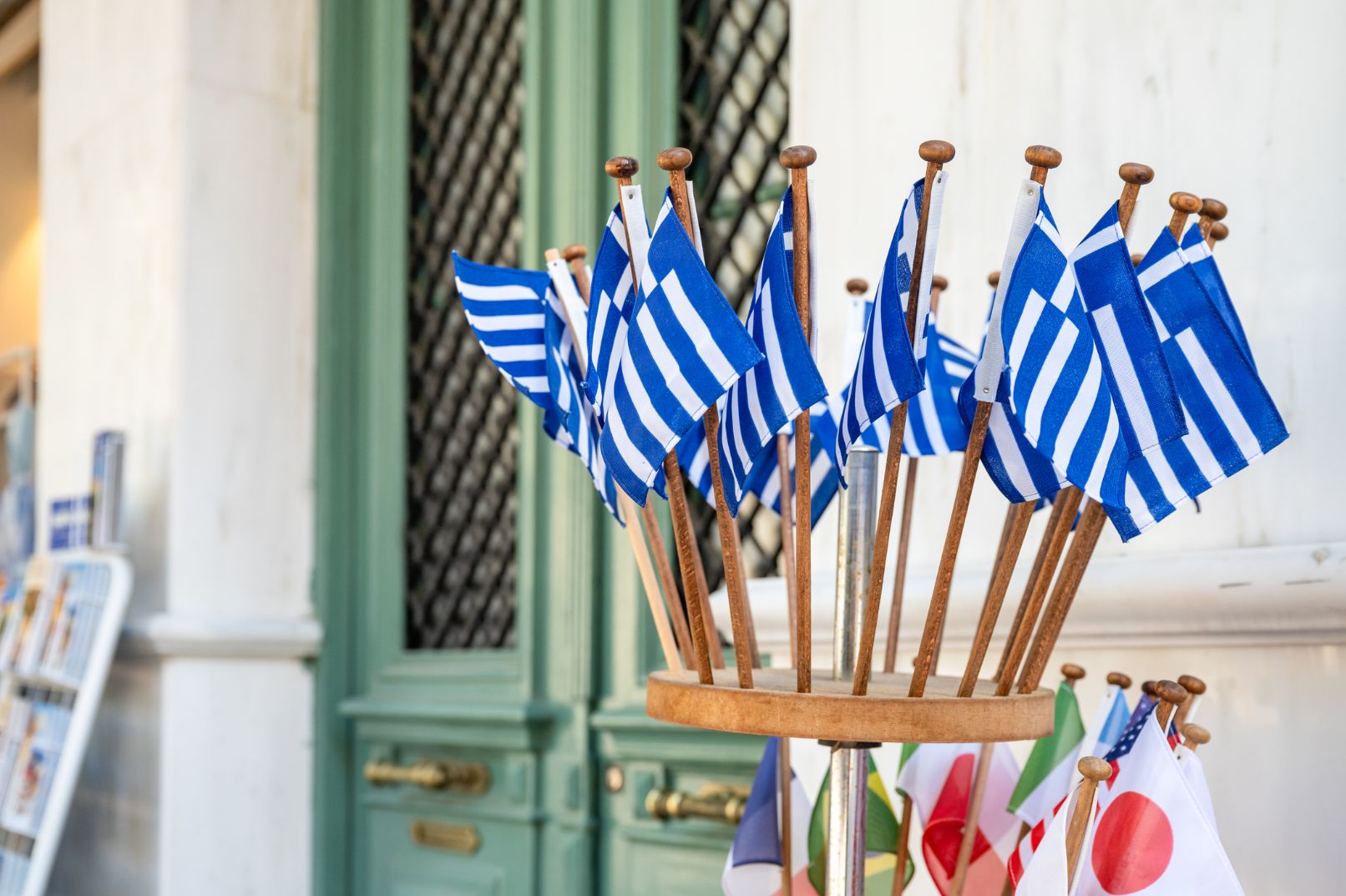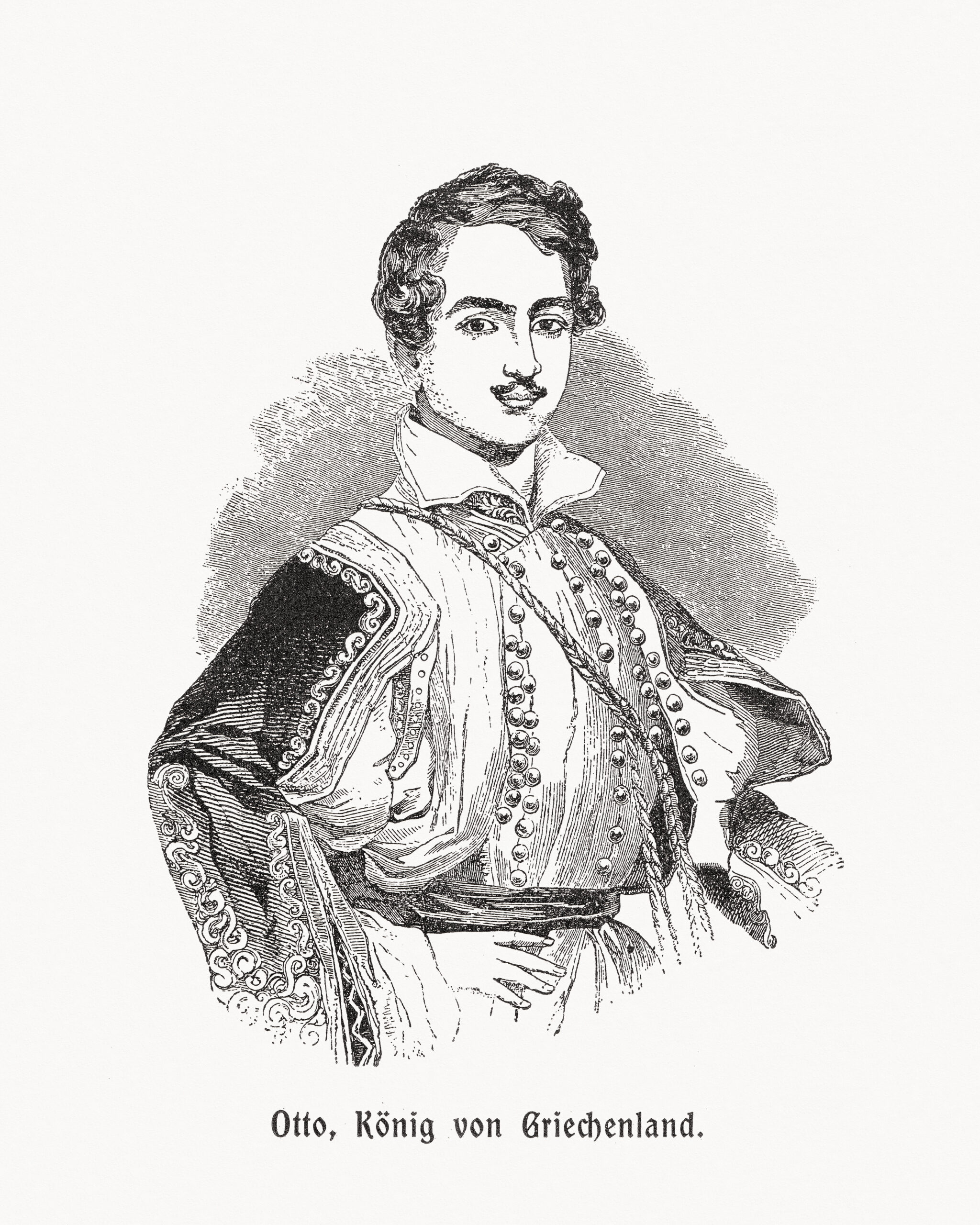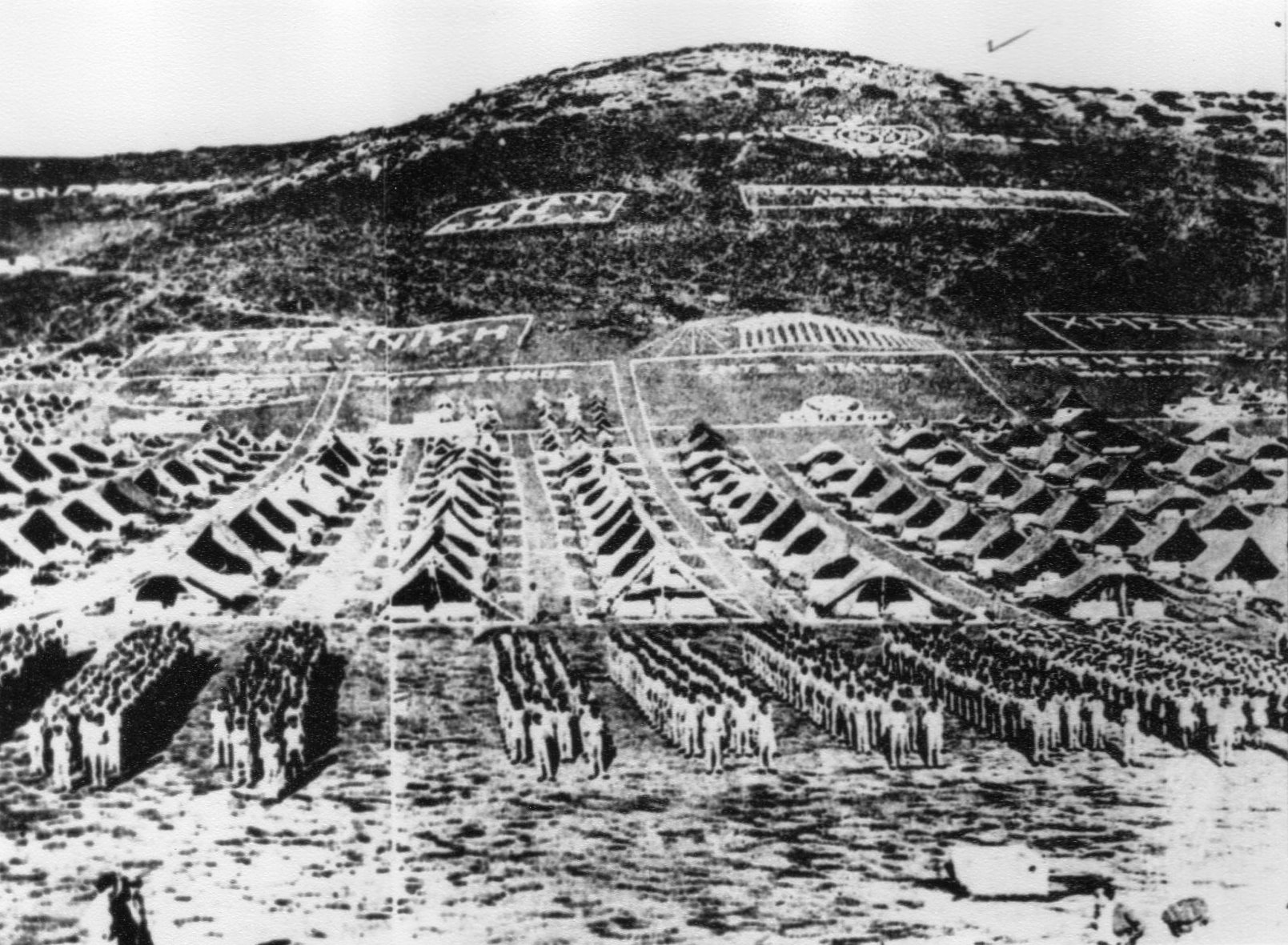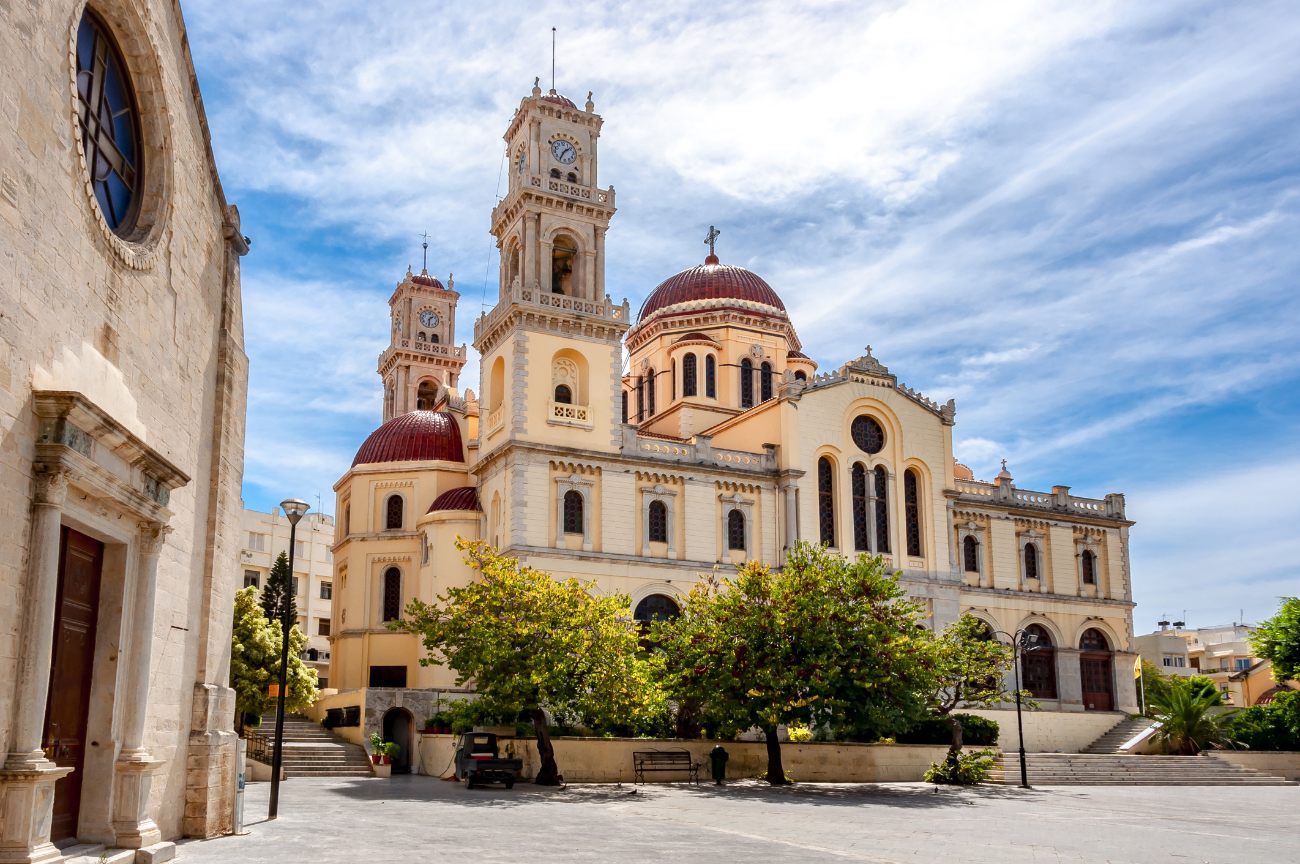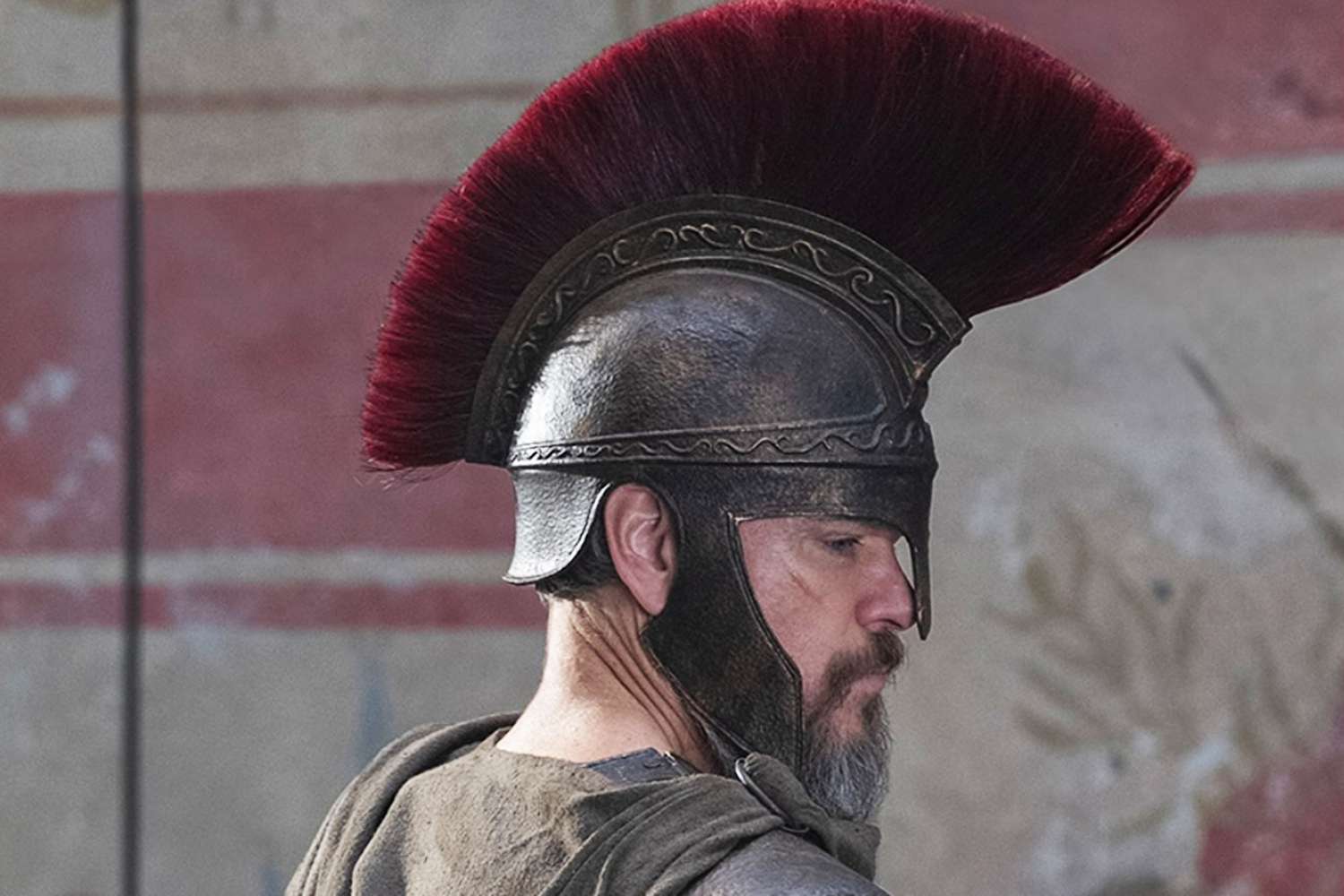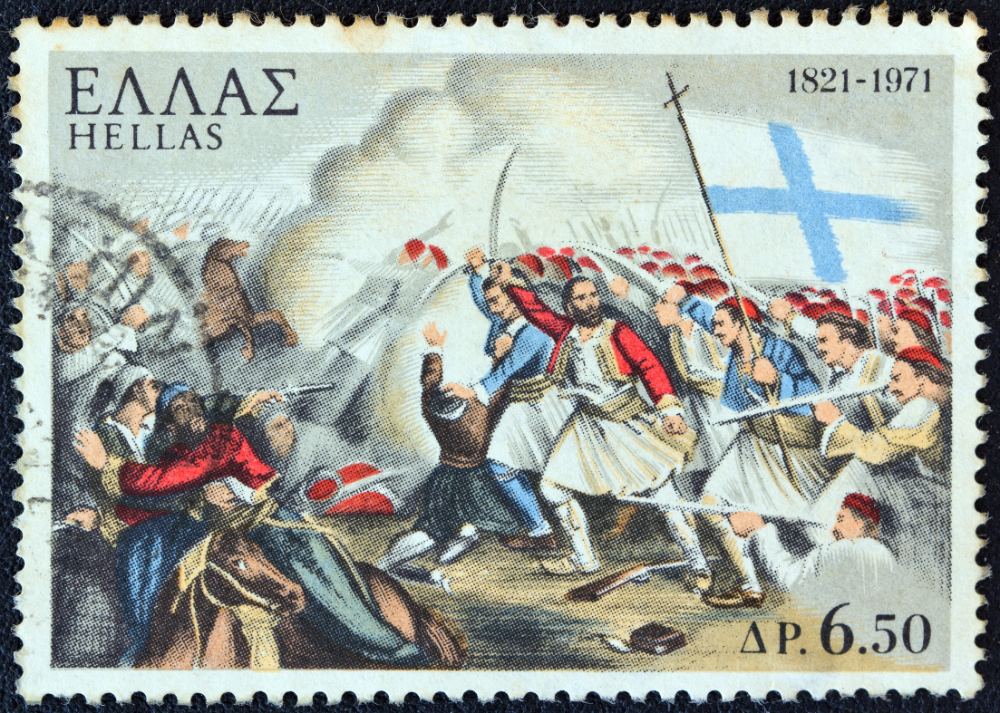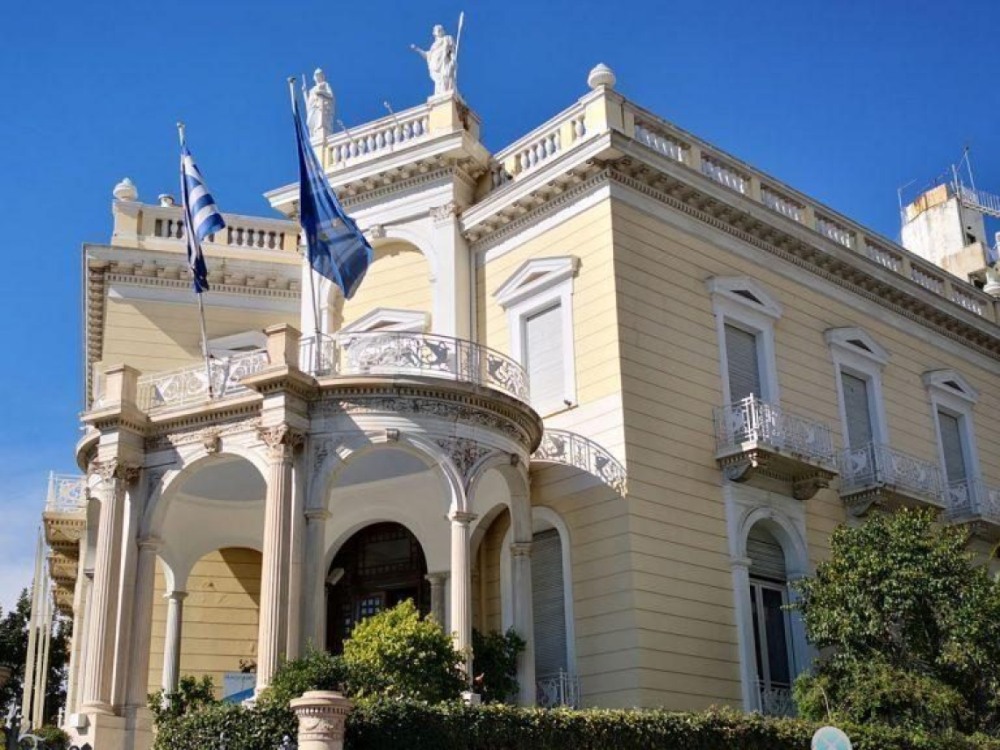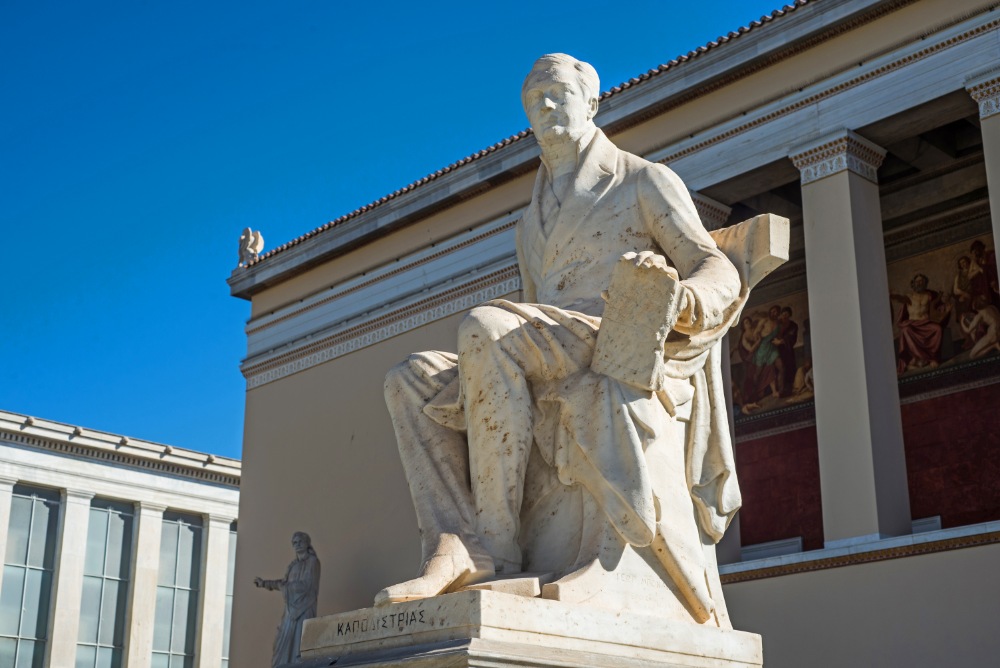A Celebration of Freedom and National Identity
Greek Independence Day, celebrated on March 25, is a significant national holiday that commemorates the start of the Greek War of Independence against Ottoman rule in 1821. The day marks the declaration of independence, which symbolizes the deep-rooted struggle for freedom and national identity among the Greek people.
The choice of March 25 is particularly meaningful as it coincides with the Orthodox Christian feast of the Annunciation, when the angel Gabriel announced to the Virgin Mary that she would bear the Son of God. This connection highlights the intertwining of national and religious identity, reinforcing the role of the Greek Orthodox Church in maintaining cultural traditions during centuries of oppression.
Celebrations across Greece and in areas with Greek communities worldwide include parades, religious services, and various cultural events. School children participate in marches, often dressed in traditional costumes, while military parades showcase national unity and strength. It is a day filled with patriotic fervor, where speeches and songs honor the heroes of the revolution and emphasize freedom, democracy, and the sacrifices made for the nation.
In recent years, the celebration also reflects on Greece’s ongoing commitment to democracy and human rights, reminding citizens of their history while encouraging unity and resilience in facing contemporary challenges. Overall, Greek Independence Day serves as a powerful reminder of the nation’s enduring spirit and the importance of liberty in shaping the collective identity of Greece.

